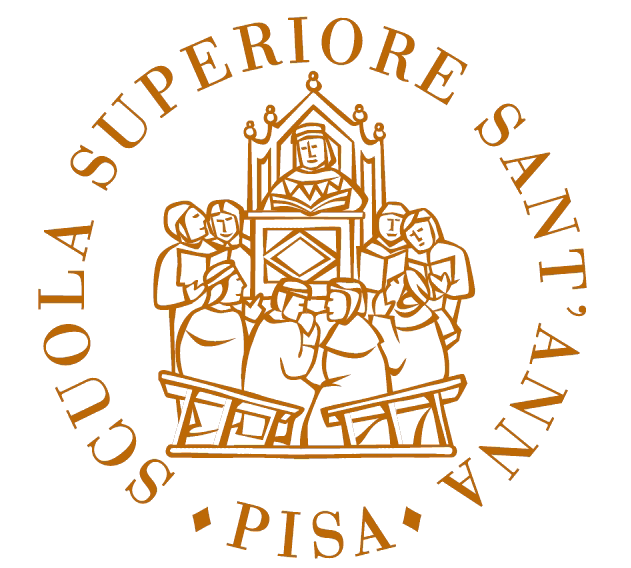
Scuola Superiore Sant’Anna (Italy)
The Scuola Superiore Sant’Anna (SSSA) is one of the five Italian special status university institutions, also called “Scuole Universitarie Superiori” that hold a unique position within the Italian higher education system. It is a public university in its own right, which carries out research and education in applied sciences. In VOSTARS the Institute of Management (IdM) will be involved. The Institute of Management of SSSA includes professors and researchers from the fields of economics, management, engineering and political science. The IdM has an interdisciplinary expertise in different innovation domains including: health economics, new business model management, internationalization of production and investments in innovation, strategic management of Intellectual Property, green technologies assessment, sustainable supply-chain management and stakeholder engagement. The IdM has considerable experience in the identification and analysis of drivers for sustainability and competitiveness in ICT, energy, environmental services, life sciences, and particularly in health. Furthermore, the IdM has carried out several projects, funded by EC Programme such as FP VII; CIP – Eco Innovation, Life plus, Intelligent Energy Europe, EC framework contracts.
In the Institute of Management people combine their expertise in order to increase the opportunities for cross-fertilisation of their research and knowledge. Research carried out by the IdM is characterized by a multidisciplinary approach, by an empirical orientation and by a commitment to theory building.
The Health Economics (HE) group within Institute of Management, directed by Prof. Giuseppe Turchetti, through a scientific method and with a strong interdisciplinary approach, is devoted to the evaluation and assessment of new technologies and procedures relevant to surgery, minimally invasive therapy, pharmacological treatment in a Health Technology Assessment (HTA) perspective.
The HE group analyzes the relevant topics in:
- The innovation process, the evaluation, the adoption, and the diffusion of medical/technological innovations;
- The economic and organizational impact of eHealth;
- The organization and management of very complex healthcare and long-term care programs and procedures;
- Economic evaluation models as cost effectiveness, cost utility, cost benefit and social cost studies;
- The financing of health care and long-term care programs.